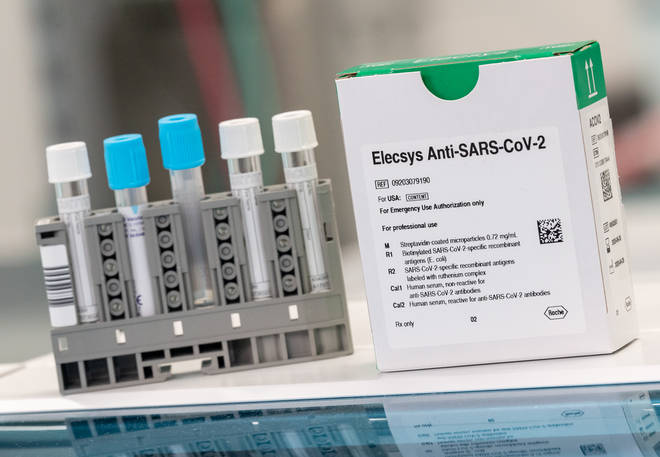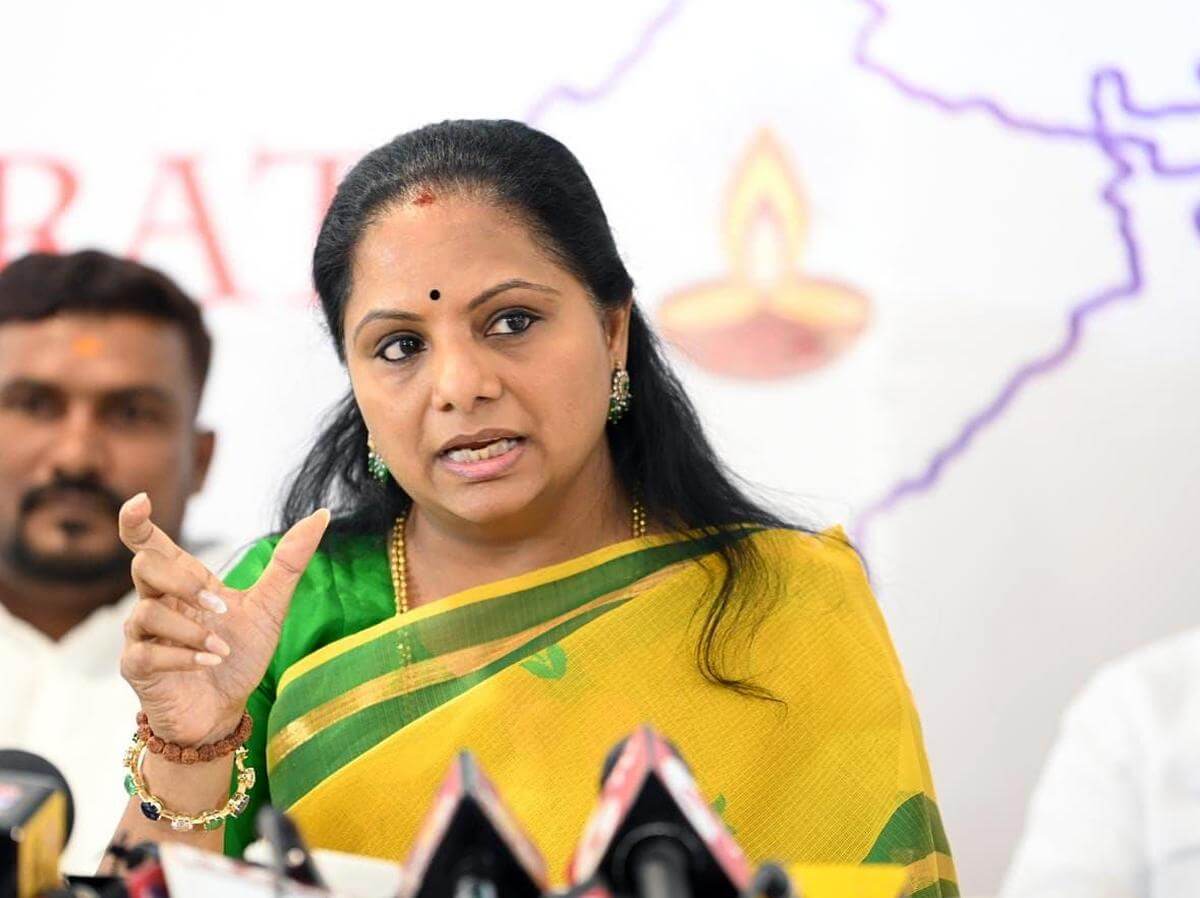First coronavirus antibody test approved in UK is '100% accurate'
Thu 14 May 2020, 13:24:45

Public Health England (PHE) said scientific experts at its Porton Down facility had carried out an independent evaluation of the new coronavirus blood test developed by a Swiss pharmaceutical company.
The examination found the serology test from Roche's was "highly specific" and had an accuracy of 100%.
Previously Prime Minister Boris Johnson has called antibody testing a "game-changer" as it could indicate how many people have been infected with Covid-19 and if they have antibodies against it.
The detection of these antibodies could help to indicate if a person has gained immunity against the virus.
Downing Street now wants to get its hands "on as many of these as possible" according to a source reported by The Telegraph.
On Thursday morning Health minister Edward Argar said the Government wants to roll out a new "game-changer" antibody test to frontline workers first.
Mr Argar said: "We're in discussion at the moment with Roche on this.
"It's only just gone through the Public Health England assessment as being reliable, as doing the job, and therefore we are having those discussions.
"But we are keen to get as many as quickly as we can and get them out, primarily to the front line first, the NHS, social care and then more widely.
"Because this really will be - as the Prime Minister said - this has the potential to be a game-changer."
The blood test detects antibodies in patients who have been exposed to the virus, even if they never developed symptoms. The approval means a mass NHS antibody testing program can now get underway.
Professor John Newton, the national coordinator of the UK Coronavirus Testing Programme, said although it was still unclear to what extent the presence of antibodies indicated immunity to Covid-19, it was a "very positive development".
He added: "We were confident that good quality antibody tests would become available when they were needed.
"Last week, scientific experts at PHE Porton Down carried out an independent evaluation of the new Roche Sars-CoV-2 serology assay in record time, concluding that it is a highly specific assay with specificity of 100%.
"This is a very positive development because such a highly specific antibody test is a very reliable marker of past
infection.
infection.
"This in turn may indicate some immunity to future infection although the extent to which the presence of antibodies indicates immunity remains unclear."
Mr Johnson said in March: "The great thing about having a test to see whether you've had it enough, is suddenly a green light goes on above your head and you can go back to work safe and confident in the knowledge that you are most unlikely to get it again.
"So for an economic point of view, from a social point of view, it really could be a game-changer."
A Department of Health and Social Care spokeswoman said: "We are exploring the use of antibody testing across the NHS and ultimately the wider public.
"We are delighted that devices are progressing through validation, and are actively working on our plans for rolling out antibody testing and will make announcements in due course."
Health Secretary Matt Hancock last week said the UK was in talks with Roche about a "very large-scale roll-out" of coronavirus antibody testing.
The findings come as Dr Mike Ryan, executive director of the WHO's health emergencies programme, told the FT's Global Boardroom digital conference no-one could predict when the disease would disappear.
He said: "We have a new virus entering the human population for the first time, and therefore it is very hard to predict when we will prevail over it.
"And it is important to put this on the table - this virus may become just another endemic virus in our communities. And this virus may never go away.
"HIV has not gone away, we've come to terms with the virus and we have found the therapies and we found the prevention methods, and people don't feel as scared as they did before and we're offering long healthy life to people with HIV."
Mr Johnson will chair Cabinet on Thursday, the day after grim economic figures were released and some lockdown restrictions in England were relaxed.
After the data showed the economy shrank by 5.8% in March, Bank of England governor Andrew Bailey warned Britain was in a sharp slide to recession.
He told ITV's Peston: "Well, I think it tends to confirm that we've got a very sharp move into recession and it was quite sudden, which is obviously what we've all observed from the shutting down of the economy so, to be frank, we're not really surprised by that number at all."
No Comments For This Post, Be first to write a Comment.
Most viewed from International
Most viewed from World
AIMIM News
Latest Urdu News
Most Viewed
May 26, 2020
Do you think Canada-India relations will improve under New PM Mark Carney?
Latest Videos View All
Like Us
Home
About Us
Advertise With Us
All Polls
Epaper Archives
Privacy Policy
Contact Us
Download Etemaad App
© 2025 Etemaad Daily News, All Rights Reserved.



.jpg)






.jpg)
.jpg)






























